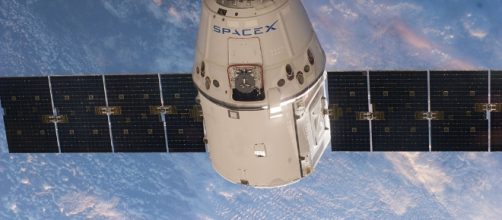Hewlett Packard Enterprises will help space exploration by sponsoring a "hardened" Super computer to NASA for experimentation. According to TechCrunch, this super computer named "Spaceborne Computer" will be residing in space for a year to test resiliency and other things. This experiment will be an early test to see how the computing device will fair for a year of travel in space in preparation for Mars' colonization.
Computers and space
Computers in space are modified to perform calculations and other tasks. If the computer does not undergo hardware modification, it will be affected by the harsh conditions of space such as radiation.
Hardening a computer is costly, and it takes time and effort. Because of this, once the computer is ready to be sent in space, its specs are outdated compared to the computers available on Earth.
Because the computers in space are outdated, advanced computing tasks were sent to Earth so that scientists can work on it with better computers. Even though astronauts at the International Space Station have the capability to analyze data, they still need to send the data to Earth for initial calculations. The back and forth throwing of data is not a big problem because the ISS is near Earth. The data can be transferred immediately.
But when you add more and more distance, the time it takes for the data transmission to Earth could take up to minutes.
In space, communication is important, and a significant delay between communication is life threatening. Because of this, NASA is experimenting with HPE to test a super computer and if it could survive in space for the Mars exploration.
The Spaceborne Computer
The Spaceborne Computer is an experimental unit which underwent hardware as well as software modifications. If the experiment is successful, future exploration will have Super Computers based on this prototype. The upgrade will enable those who are aboard the spacecraft to do the calculations on their own and skip sending data to Earth for advanced calculations.
“All of our modern computers have hardware built error correction and detection in them, and it’s possible that if we give those units enough time, they can correct those errors and we can move on,” HPE payload engineer Dr.
Mark Fernandez said.
If the experiment is successful, the units in ISS will also likely receive an upgrade. With this, data that needs advanced computations doesn't need to be sent back from ISS to Earth. It will save a lot of resources, time and energy.


